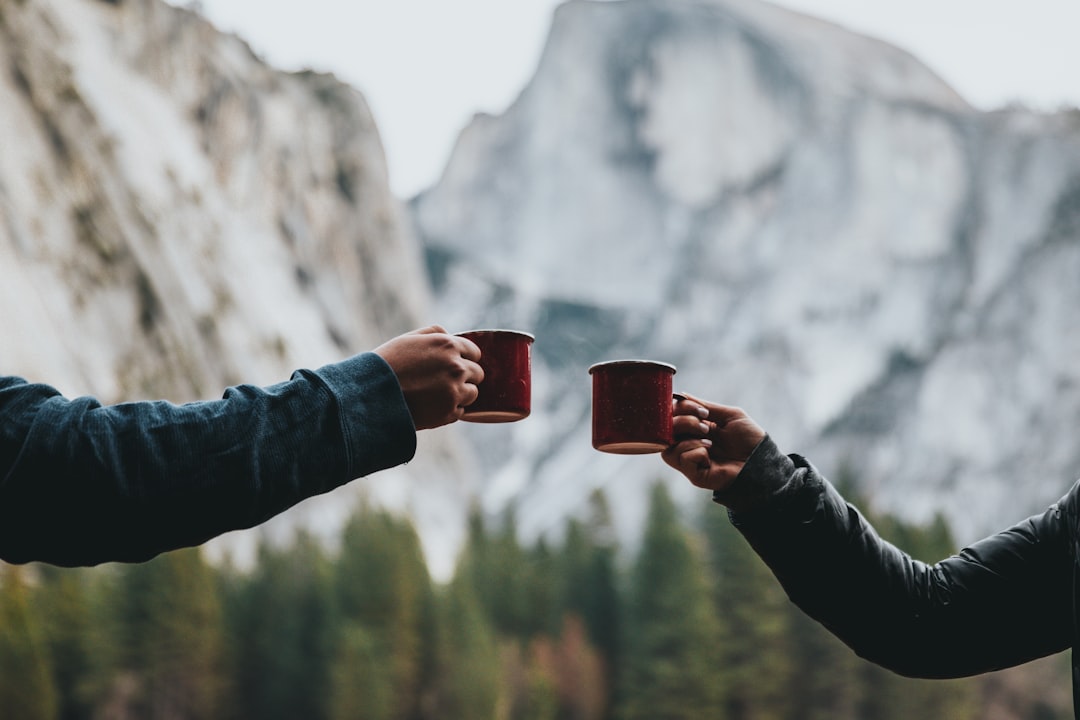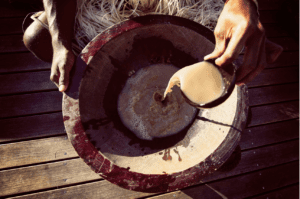Alcohol has become a staple in our society as a way to unwind and relax. That nice cold beer or glass of wine can taste so good after a busy day. But with that comes the negative side of alcohol.
The hangover, the mood rollercoaster and the risk of addiction.
This has caused people to start looking for an alcohol alternative, like kava. This root coming from the pacific islands has a long history (over 3000 years!) of having similar effects to alcohol but without the side effects.
How does that work, you ask? It all lies in the difference of how kava works in the brain.
Kava boosts your mood without the emotional dip
Unlike alcohol, kava gives you similar, calming, social effects, without affecting your cognitive abilities. This means you’re able to have discussions and conversations and do your daily activities. However, if you drink too much, kava can make you tired, so it’s important to know how you’re feeling before getting behind the wheel of a car.
Another difference between kava and alcohol, is that the feelings you get from kava stay the same while you drink it. You continue to feel calm, social, and clear rather than experiencing emotional changes like anger and aggression that often come with alcohol. Plus, the depressive effects of alcohol can hit the next morning making people want to start drinking again, repeating the cycle.
The emotional benefits are one of the main reasons people like to drink kava. It works in ways to help reduce anxiety, both social and general anxiety, and has also shown to help those that have depression paired with their anxiety. So if you struggle with some of these emotional things, kava may actually help you.
Kava isn’t addictive
While kava and alcohol can give you similar relaxing and sociable feelings, the way they work on the body is different. Long term alcohol use can change the structure of the brain, needing more alcohol to get the same feelings, known as building a tolerance. In turn this makes your brain dependent on functioning with alcohol and why recovery from alcoholism can be so difficult; the brain is actually relearning how to do things without alcohol.
Kava on the other hand has the opposite effect. It has a “reverse tolerance” meaning that you need less kava to get the same effects as you use it. It’s not unusual for first time kava drinkers to need to try it several times before they feel its effects. This difference is all in how your brain adapts to kava and how it works in your brain.
While kava itself isn’t addictive in the same way alcohol is, it’s effects it has cause habit forming. Those who use kava regularly can become attached to the relaxed, calm and clear feelings kava has.
Kava benefits your sleep
The other thing kava is known for is helping with insomnia, or difficulty sleeping. Because it can make you feel tired, research has started investigating how it can help people fall and stay asleep. Kava is made up of an active ingredient called kavalactones and each one has a slightly different effect. The kavalactone, kavain, has been shown to significantly improve sleep in a model of insomnia. This benefit might also be related to helping to calm the anxious mind, which is often accompanied by insomnia.
Alcohol on the other hand, makes you feel tired but actually disrupts your sleep throughout the night. While initially, your brain is put into a sleepy state, as the alcohol leaves your bloodstream so does its effects, making your brain actually wake up. This leads to the tossing and turning we have all felt after a festive night out.
Sleep is critical to maintaining both mental and physical health. If we don’t get enough sleep, or don’t sleep well, it can significantly affect our cognitive abilities, such as learning and memory and executive functions which over time can seriously affect our lives.
There’s no hangover from kava
One of the most infamous effects of alcohol is the hangover. The headache, nausea, grogginess so something well all regrets after a night of drinking. Hangovers are caused by dehydration; alcohol is natural diuretic which means it naturally promotes water loss. That’s why you have to use the bathroom so much more often on your nights out. Kava on the other hand doesn’t dehydrate you. The drink is water based and doesn’t act as a diuretic like alcohol does.
Another key difference is the culture between the two. Alcohol is often overly consumed, where getting drunk is the focus. It’s a form of escapism and socializing almost from a distance.
Kava isn’t drunk to get intoxicated. It’s focused on community, connection and spending quality time with the people you’re with. And while you can get very tired and have intoxicated-like effects, it’s very rare, and you have to drink a lot of kava to get there.
The takeaway
While we aren’t trying to demonize alcohol and those who like to use it, the fact is that there are some significant differences between the two that should be considered. If you’re seeking an alternative to alcohol, kava might be worth considering, especially if you’re weary of dealing with hangovers, have a family history of addiction, or are prioritizing your mental health.





